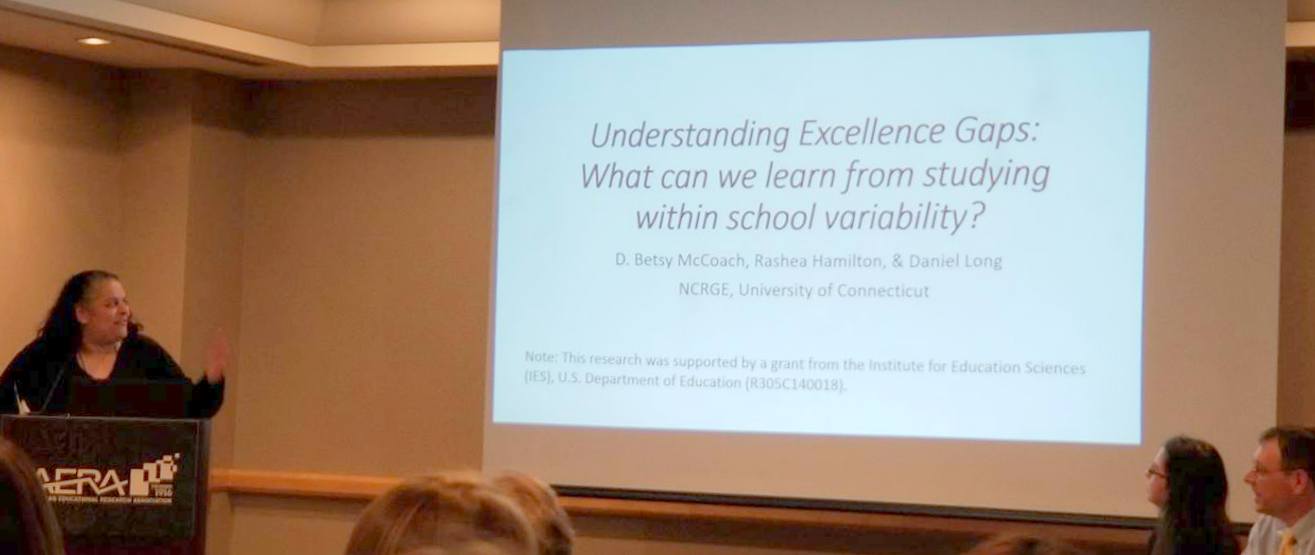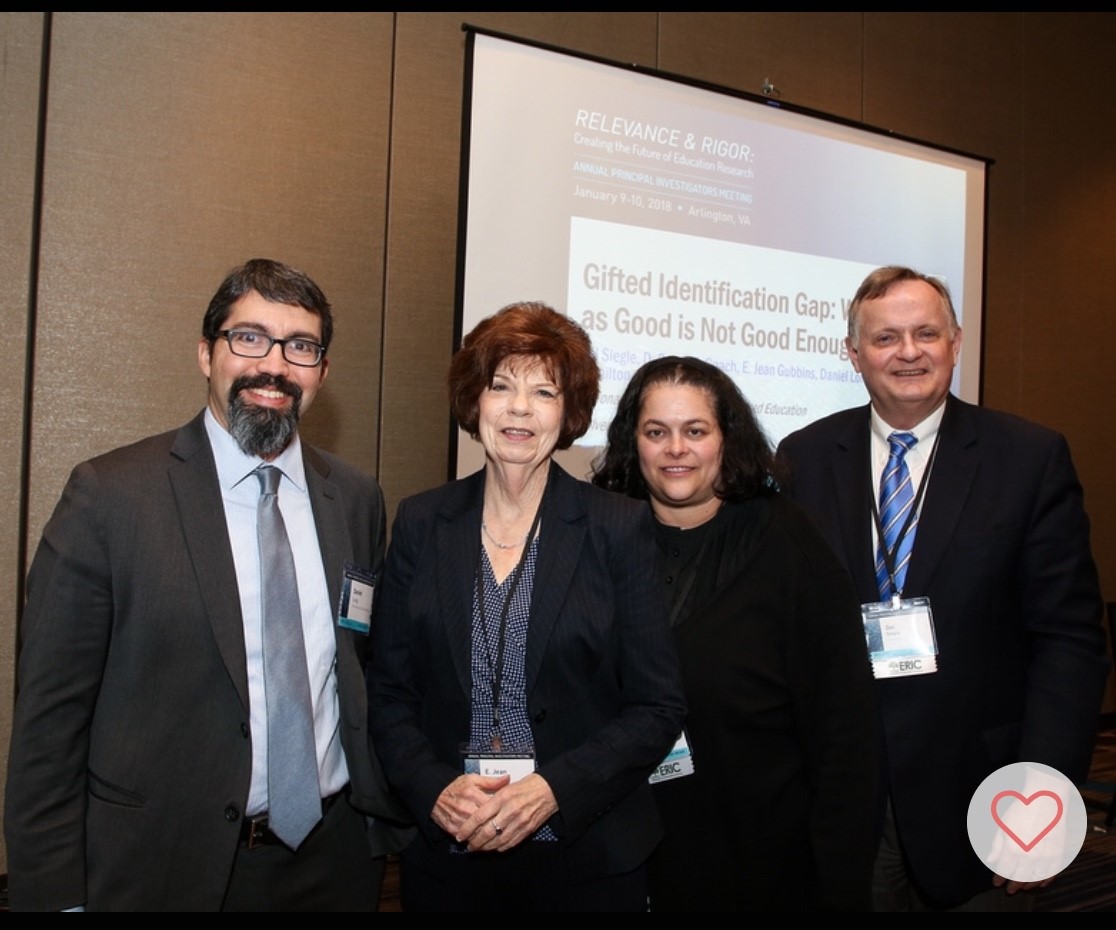Job Posting Title: Postdoctoral Research Associate, National Center for Research on Gifted Education
The National Center for Research on Gifted Education (https://ncrge.uconn.edu) is seeking a qualitative researcher for a PhD level Post Doctoral Research Associate position.
Duties and Responsibilities
The person in this position will work with The National Center for Research on Gifted Education team and will plan, design, manage, and implement qualitative research and data analysis. Candidates should have a PhD in education, educational psychology, psychology, or related field. Candidates should also have experience preparing oral and written reports of research findings.
The successful hire will develop and revise observation and interview protocols, interpret and compile research findings for dissemination and publication, and work with graduate students carrying out data collection and analysis.
Strong qualitative analysis skills are required; strong quantitative skills desirable. The ability to coordinate multiple simultaneous tasks of varying complexity, with demonstrated accountability and excellent attention to detail is also required. Knowledge of software tools for office productivity, presentations, and qualitative analysis is necessary.
Minimum Qualifications
- PhD in education, educational psychology, psychology, gifted education, or a related area
- Extensive experience with qualitative data analysis
- Strong written and verbal communications skills
- Experience conducting research and disseminating results
- Experience preparing written reports of research findings
Preferred Qualifications
- Experience with computer assisted qualitative software analysis (e.g., Dedoose)
- Experience designing and conducting mixed methods research studies
- Strong knowledge of qualitative theories and methods
- Knowledge of gifted education
- Experience working with students or teachers in elementary classrooms
- Ability to work collaboratively with colleagues and school personnel
Appointment Terms
This is a full-time, end-date, 12-month position with an anticipated start date of October 1, 2018. The position may be renewed yearly based on funding. The successful candidate’s appointment will be at the Storrs campus with anticipated out-of-state travel. Salary will be commensurate with qualifications and experience.
To Apply
To apply, complete an online application, attach a cover letter, curriculum vitae, and contact information for three references at https://www.jobs.uconn.edu. For questions about the position, please contact Dr. Del Siegle at del.siegle@uconn.edu. Applications are due by September 25, 2018. Evaluation of applicants will begin immediately. For more information regarding the National Center for Research on Gifted Education, please visit the website at http://ncrge.uconn.edu/.
Employment of the successful candidate will be contingent upon the successful completion of a pre-employment criminal background check. (Search #2019082)
This job posting is scheduled to be removed at 11:59 p.m. Eastern time on September 25, 2018.
All employees are subject to adherence to the State Code of Ethics which may be found at http://www.ct.gov/ethics/site/default.asp.
The University of Connecticut is committed to building and supporting a multicultural and diverse community of students, faculty and staff. The diversity of students, faculty and staff continues to increase, as does the number of honors students, valedictorians and salutatorians who consistently make UConn their top choice. More than 100 research centers and institutes serve the University’s teaching, research, diversity, and outreach missions, leading to UConn’s ranking as one of the nation’s top research universities. UConn’s faculty and staff are the critical link to fostering and expanding our vibrant, multicultural and diverse University community. As an Affirmative Action/Equal Employment Opportunity employer, UConn encourages applications from women, veterans, people with disabilities, and members of traditionally underrepresented populations.

